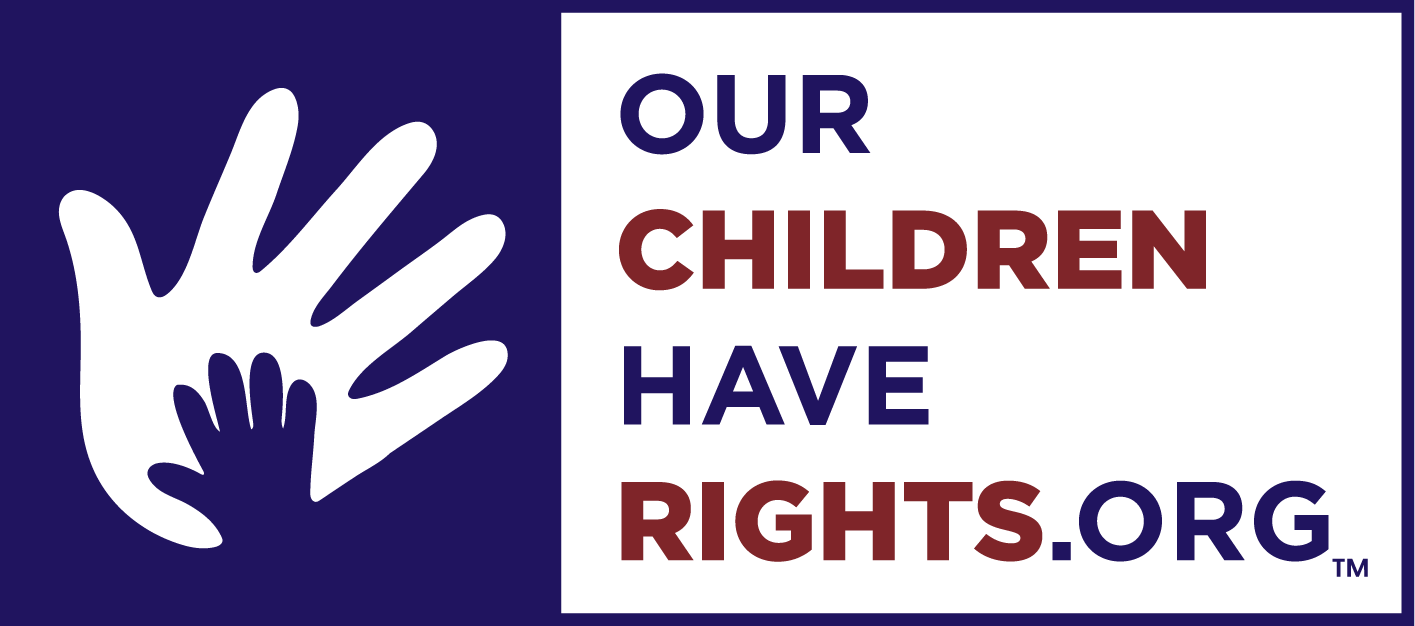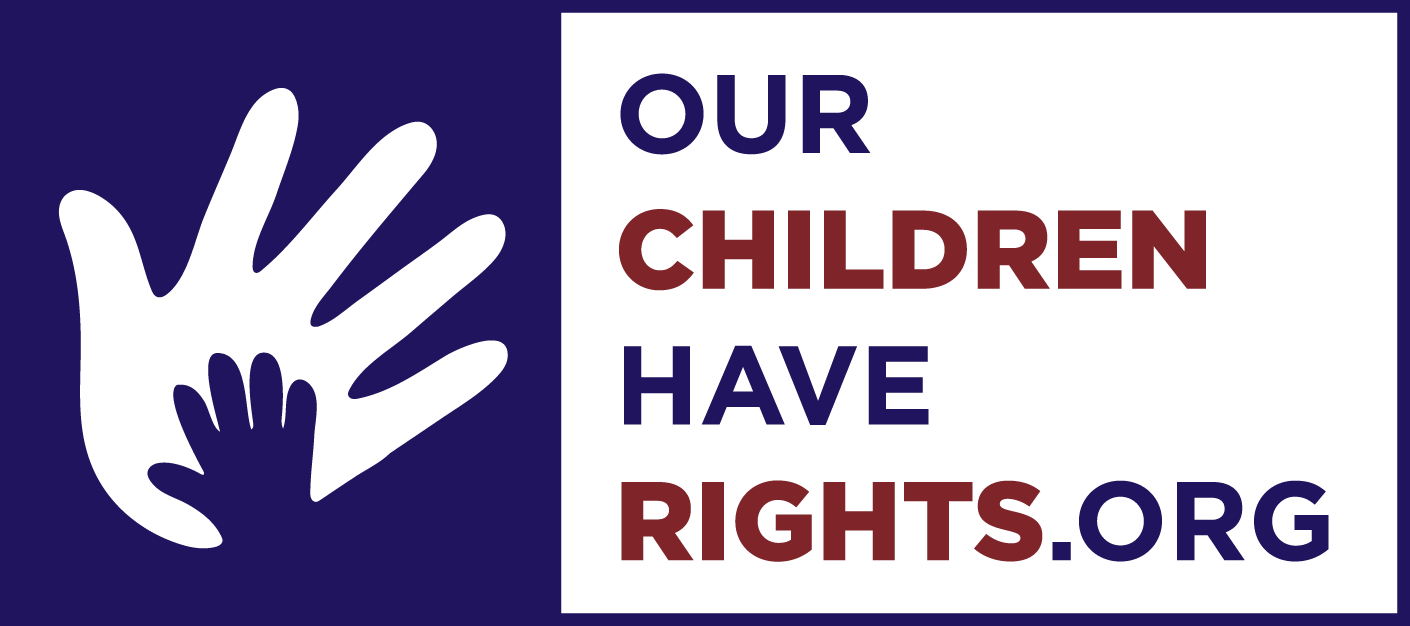Common Mistakes While Establishing Child Custody
By Jake Hornstein, Co-Founder & COO
Published in the Clearwater Beach & Belleair Neighborhood News December 2023
Establishing child custody can be one of the most challenging and emotional experiences a parent may face. While there are many, we’ve identified three common mistakes so parents can be better educated on what to avoid.
1. Speaking poorly about the co-parent directly to the child or while they are present. This is the most common mistake in child custody cases. Children are curious and listen to adult conversations. When a child hears one parent speaking poorly about the other, they may feel pressured to take sides. As children grow older, they tend to look at the behaviors of their parents. If they perceive a parent tried to undermine their relationship with the other, they’ll likely hold it against them, especially into adulthood. Courts DO NOT like this. Judges are aware of the impact that this has. Avoid making this mistake and you can avoid an unfavorable outcome in court.
2. Intentionally choosing not to communicate with the co-parent. It is in the best interest of the child’s development to see their parents communicating, and that communication is for they are well-being. Not communicating with the co-parent can be extremely detrimental to aspects of a child’s life. Not communicating can affect important aspects including medical care, education, and personal/social growth. The court will take a negative view against a parent if it becomes clear that their intentionally choosing NOT to communicate with the co-parent. If the court sees that a shared co-parenting relationship won’t work due to intentional noncommunication, the other parent may become the primary caregiver, and may even be given sole responsibility for major decisions that shape a child’s life.
3. Denying access to the child. Outside of circumstances where it’s essential for a parent to protect a child from the other parent, denying access to the child is one of the worst things a parent can do. Courts expect parents to demonstrate they are willing to be a constructive co-parent, and even promote a relationship between the child and the co-parent. Withholding a child from the other parent without a justifiable reason could lead to losing primary care of the child. It is best to display a willingness that encourages a child’s relationship with the co-parent.
OCHR is a Pinellas based nonprofit that helps parents more seamlessly navigate their child custody and co-parenting journeys, at no cost to the family. Support of our mission is vital, and we kindly ask our community to consider a small financial contribution to our mission.
Most importantly, if you, or someone you know, needs our assistance, we’re here for you. We’re on a mission - A mission to protect the rights of children to have access to both responsible parents by providing education, resources, and support services for successful co-parenting. Why? Because Our Children Have Rights. Contact Jake: JakeHornstein@OurChildrenHaveRights.com or visit www.OCHR.org. To donate, visit www.ourchildrenhaverights.org/donate.

